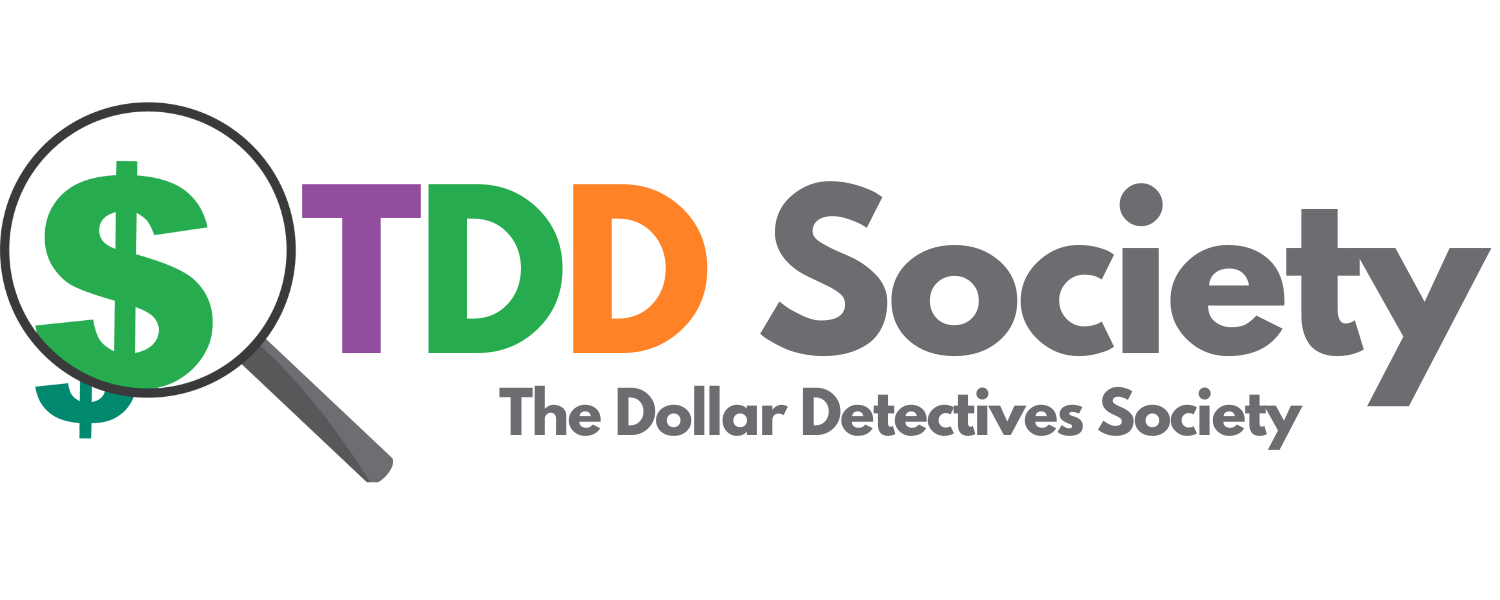The Wellness Wheel is an educational tool that can be found in various forms and that we introduce frequently in The Dollar Detective curriculum. Some Wellness Wheels have 7 sections, others eight, and some 4, but regardless of how many areas of wellness are depicted, the wellness wheel shows the interconnectedness of the different areas on our overall wellness. Many wellness wheels have a financial section, and given that The Dollar Detectives are working to promote financial education, let’s focus on this piece.
What Wellness Means to YOU
Firstly, It’s important that you are clear and realistic with your definition. For example, you might define financial wellness as being able to pay all your bills on time or being debt free or both. Whereas defining financial wellness as being “rich” is a little vague; what does “rich” mean? Is there are certain dollar figure you are striving for in your bank account or is it more peace of mind? Is your definition realistic? If you’re stuck, maybe ask other people what financial wellness means to them to get some ideas.
How Is Your Financial Wellness Doing?
So now that you know what financial wellness means to you, on a scale of 1-10 (1 being terrible and 10 being terrific), how would you rate your current financial wellness? This can be informed from your definition as well as your feelings and thoughts around your current financial position. What is one thing you do or could do to contribute positively to your financial wellness? For example, maybe you regularly save money, have a plan for getting out of debt, or are reading a book about financial stewardship.
Analyze & Understand
What is one thing that contributes negatively to your financial wellness that you could reduce or stop? For example, maybe you eat out twice a week and it impacts your monthly budget or perhaps your excessive worry about money is something you need to address. Financial wellness is a process. It’s important to identify where you are at NOW, where you want to be, and then take action to get there. Unfortunately money does not grow on trees and your financial wellness won’t just blossom spontaneously.
Conclusion
Your definition of financial wellness change change and evolve over time. What you define it to be at 16 years old may be different than when you are 24 years old, 40 years old etc. This is natural as we change and as we move into different life stages. Celebrate your progress and enjoy the journey. And of course, we’re here to help.

